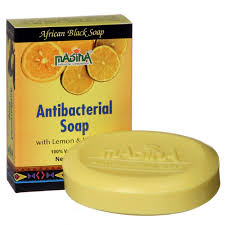Myth: Antibacterial soap is healthier than regular soap.
Facts: Washing with regular soap and water “is totally as effective” as using antibacterial soap, says Stuart Levy, a Tufts University scientist who is president of the Alliance for the Prudent Use of Antibiotics and author of the The Antibiotic Paradox.
Many of us may use antibacterial hand or dish soap to prevent disease transmission. The catch is that many of the illnesses we are trying to avoid—like colds and flus—are viruses, which antibacterial agents don’t kill. And when we wash with antibacterial soap, the active chemical ingredients—triclosan for most liquids, triclocarban for bars—aren’t in contact with the bacteria we’re trying to avoid (such as E. coli or staphylococcus) in sufficient quantities and for enough time to kill the germs.
Instead, trace residue of these ingredients remains on your skin, the sink or cutting boards in amounts too tiny to kill, but large enough for the bacteria to react to and possibly begin developing a resistance to the soap. “Unless you use a huge amount of the chemicals, the organism is going to survive,” Levy says.
While the soap industry maintains that antibacterial soaps play an important role in curbing disease, the Food and Drug Administration and the Centers for Disease Control and Prevention both say that, given the current evidence, antibacterial soap offers no benefit over soap and water. And if soap and water aren’t available, alcohol-based hand sanitizers are options. Alcohol destroys bacteria, as do vinegar, lemon juice and bleach—good to remember when disinfecting household items.
Washing thoroughly is the most important factor when trying to stop germs. “You just want to get them off your hands,” Levy says. This article is from the original here


No comments:
Post a Comment